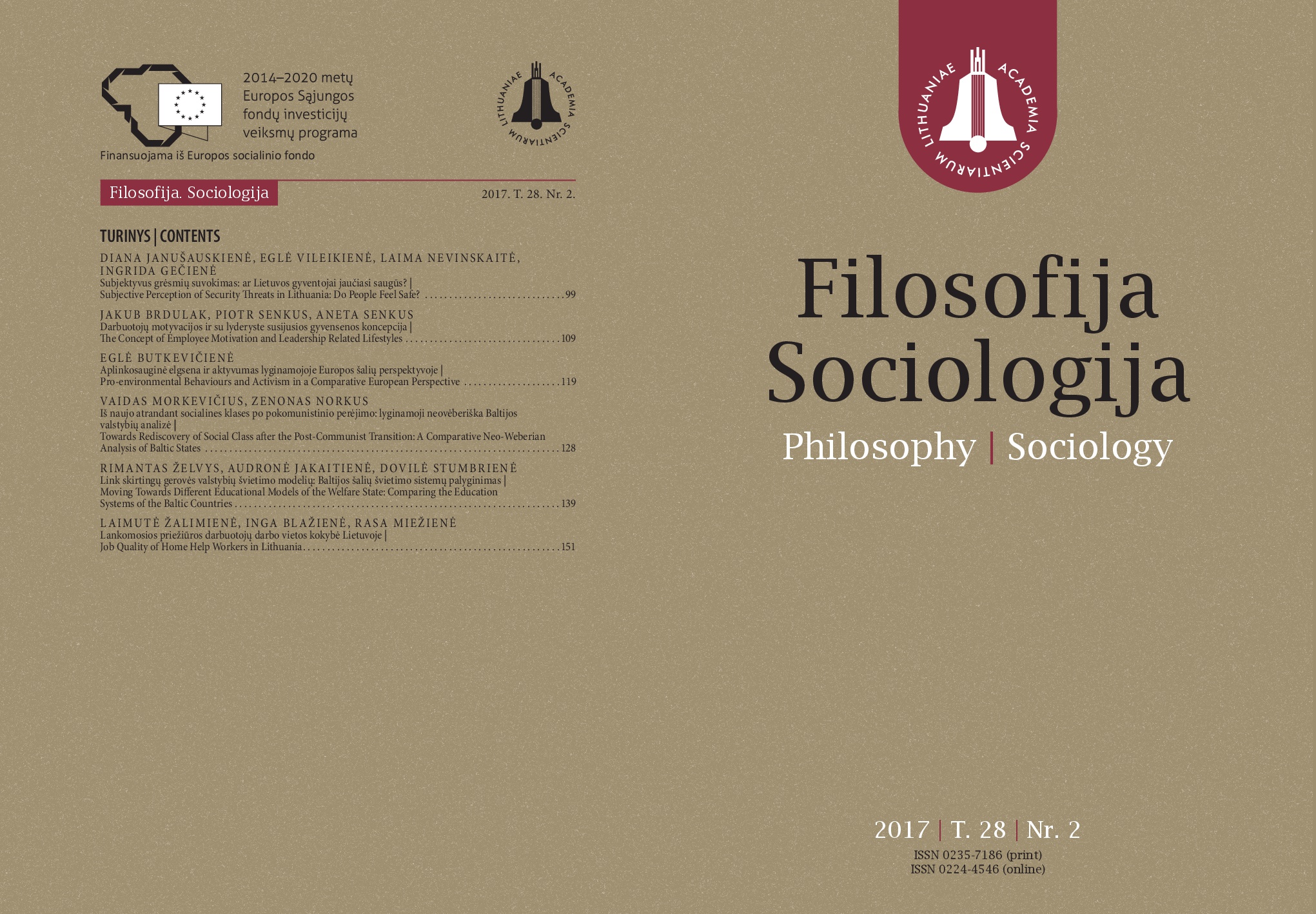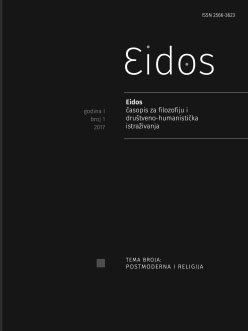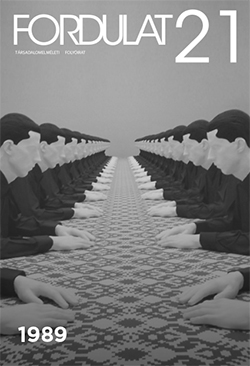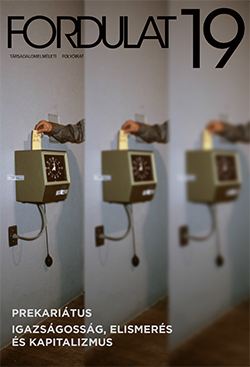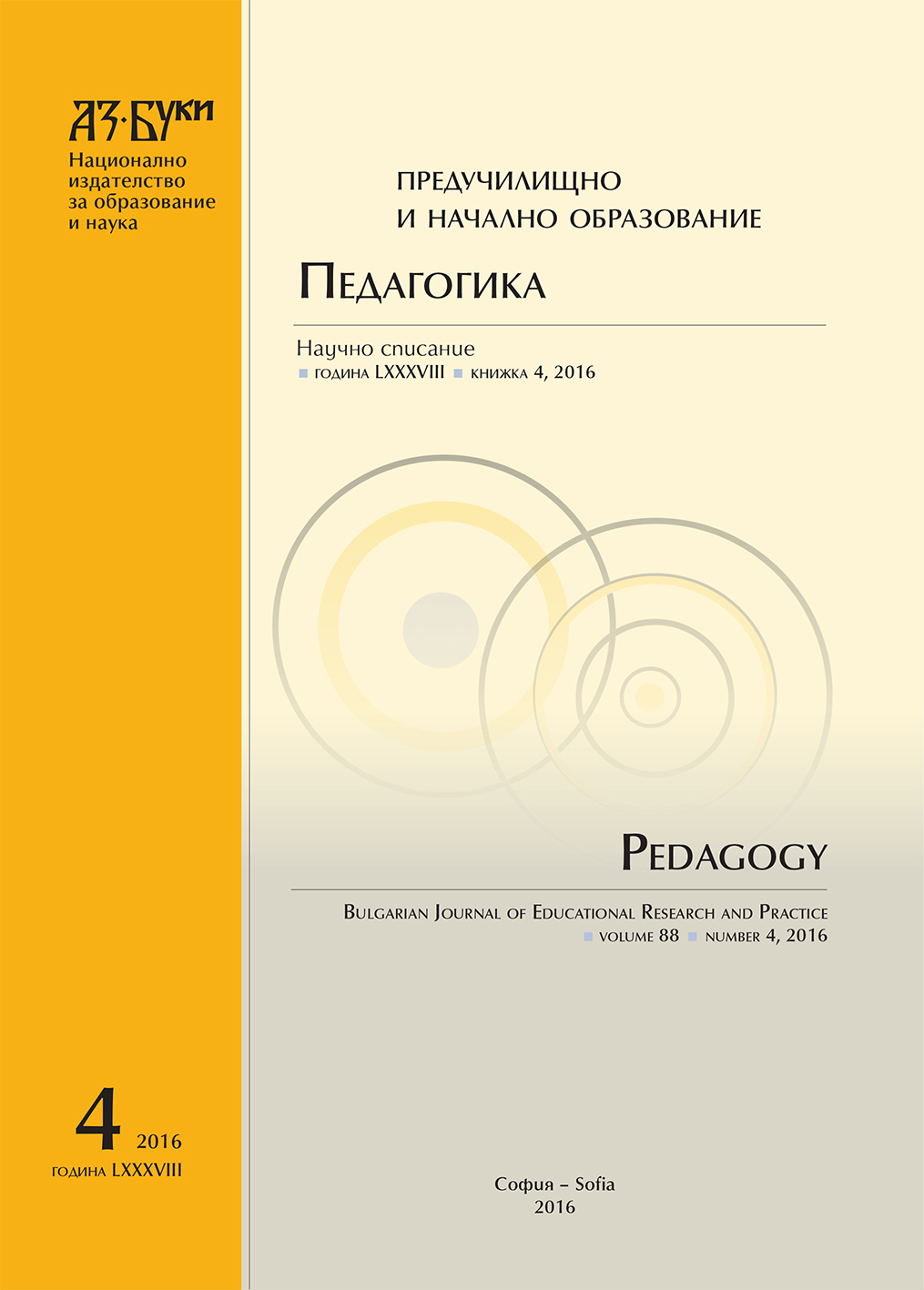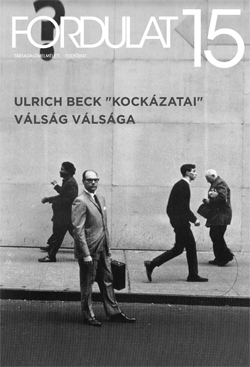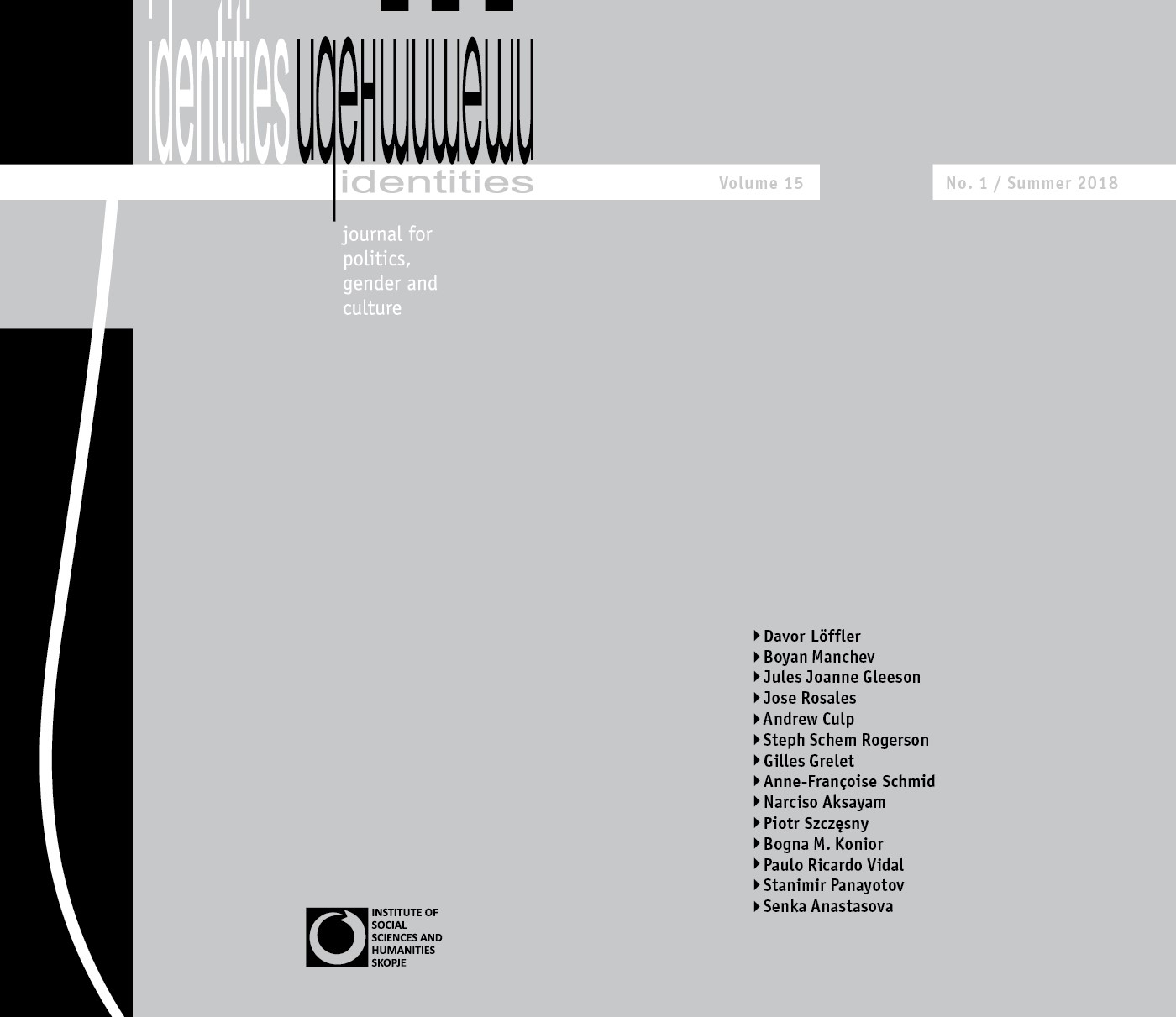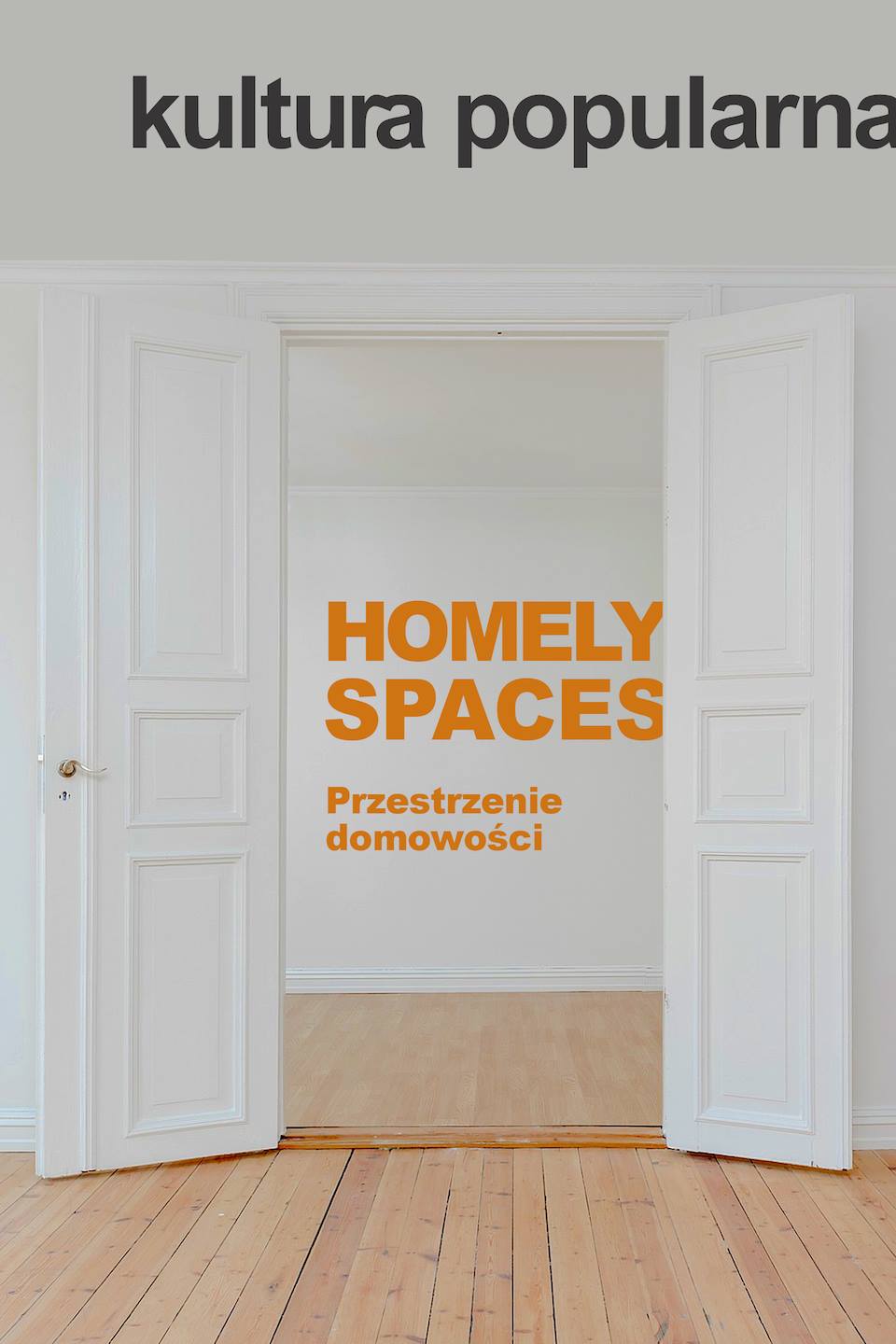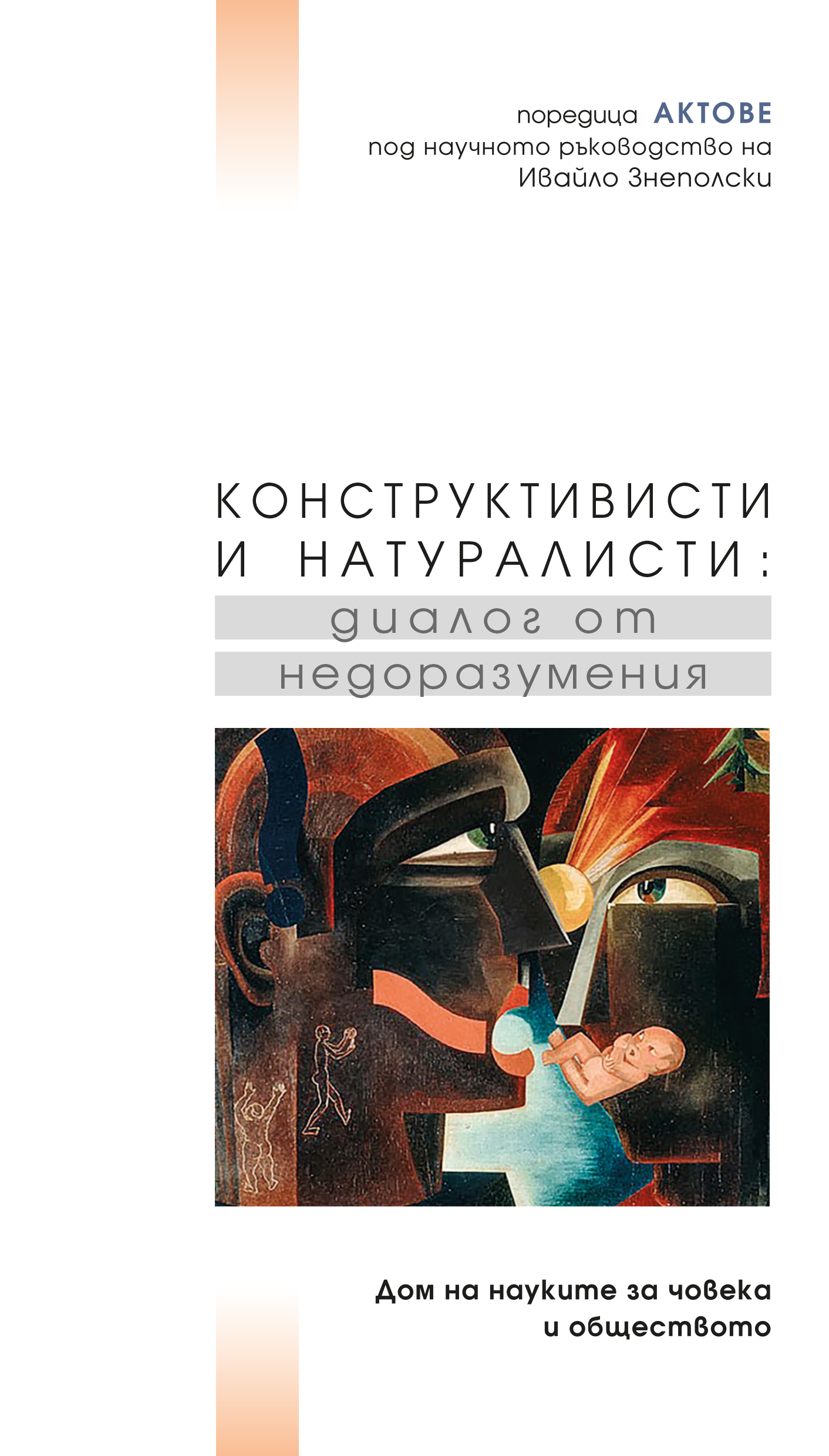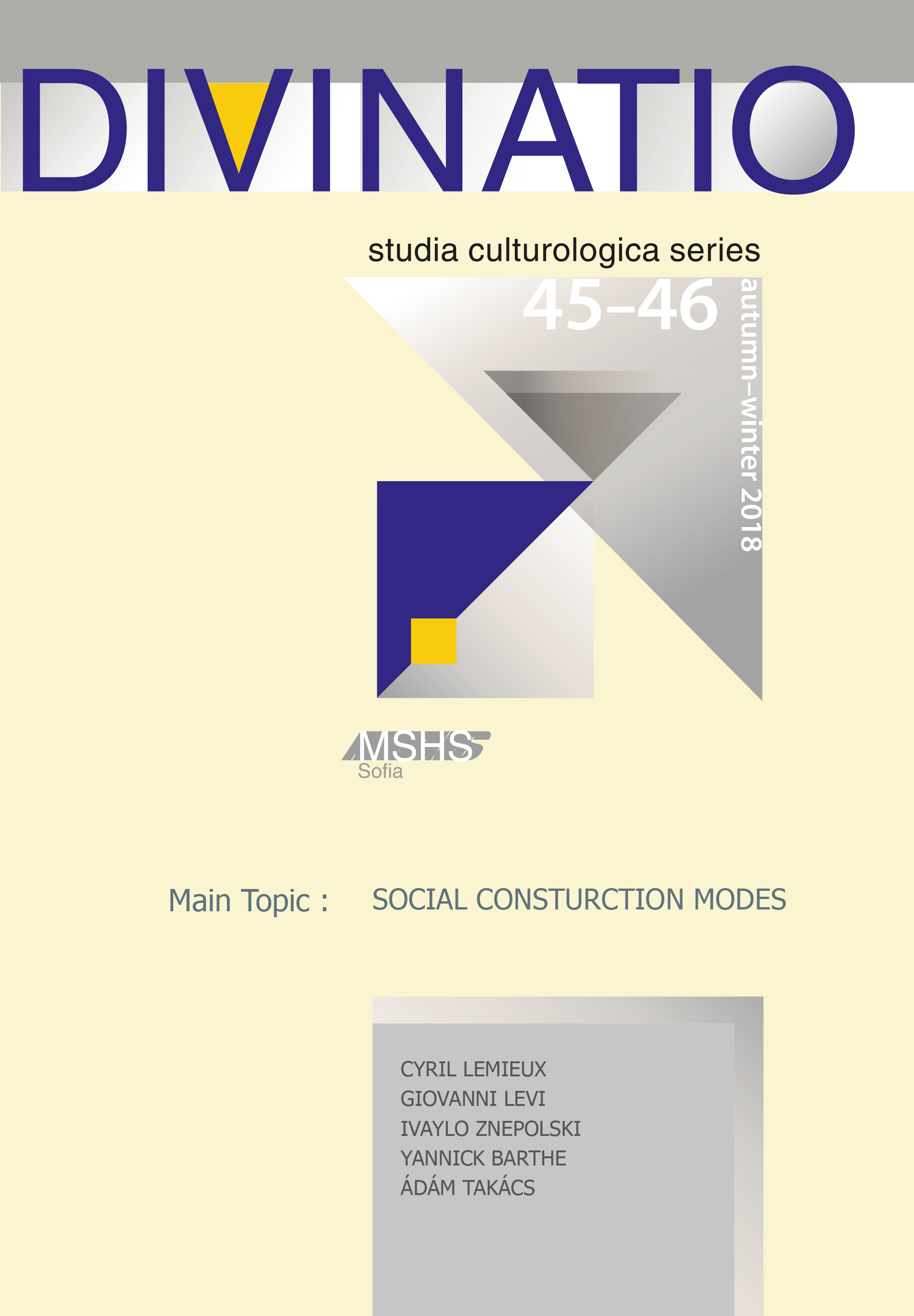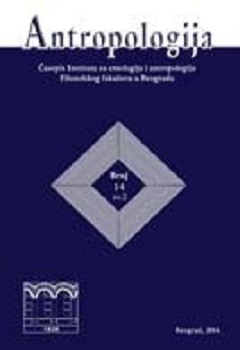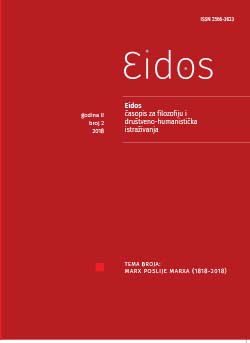Author(s): Naglis Kardelis / Language(s): Lithuanian
Issue: 12/2017
The author of the article focuses on the origins of the idea of panopticon in Classical Antiquity. Though the point of departure is the concept of the panopticon as an architectural structure, for example, a panoptic prison or factory, as envisaged by Jeremy Bentham in the late 18th century, the author, seeking to trace the beginnings of this idea in the ancient Greek culture, treats the concept of the panopticon both in the broadest possible sense and in that sense which might be viewed as a direct anticipation of the modern (Benthamian) concept of panopticon. First of all, in the first chapter of the article, starting with the analysis of the words “panoramic” and “panoptic”, the author draws attention to the fact that both these words, strictly speaking, are of a rather late coinage (though the adjective panoptēs, employed as an epithet of some gods and other mythological beings, is already attested in the corpus of Classical literature), yet each of them has two easily recognizable Greek roots: the meaning of the first one, namely, pan-, is “all”, and the meaning of the second one is “visual, optical”. After discussing some subtle semantic differences between the meanings of the words “panoramic” and “panoptic”, the author briefly presents a few examples of Greek mythological narratives illustrating the “panoptic” abilities of some divine beings. In the second chapter of the article, the author discusses the varieties of “panoramic” and “panoptic” phenomena (as well as certain “panoramic” and “panoptic” aspects of some other phenomena) in Classical Greek philosophy, mainly focusing on the philosophical importance of vision and visuality in Greek experience and theoretical thinking, as well as on some specific “panoramic” and “panoptic” features inherent in the ancient Greek world-outlook and general mindset. By way of the examples drawn mainly from the works of Plato and Heraclitus, but also from such fields as mythology, geography, and architecture, the author presents an argument for the close affinity, interrelationship, and interdependence between the logocentric and optocentric traits in Greek experience, philosophical thought, and general mindset. The “panoptic” character of Classical Greek culture is analyzed not only in terms of the conceptual and experiential interrelationship between the optocentric and logocentric traits in Greek world-outlook, but also from the point of view of the hypothetically reconstructed everyday experience of ancient Greeks. A few examples from the works of Plato and Heraclitus are presented in order to demonstrate the existence in the ancient Greek thought of those aspects of Greek “panoptic” phenomena that might be viewed as direct and rather exact anticipations (replete with all necessary judicial references and connotations) of the modern concept of panopticon as envisaged by Jeremy Bentham. At the end of the article, the author draws a conclusion that, despite the absence in the ancient Greek language of the word “panopticon” as a precise technical term with contemporary meaning, various approximations to the contemporary concept of panopticon, including both vague intimations and very close anticipations of the modern concept, already existed in the culture and mental landscape of Classical Antiquity. It is also very important to observe that the ancient Greek correlates of the modern concept of panopticon were imbued with a much broader spectrum of philosophically significant meanings.
More...
